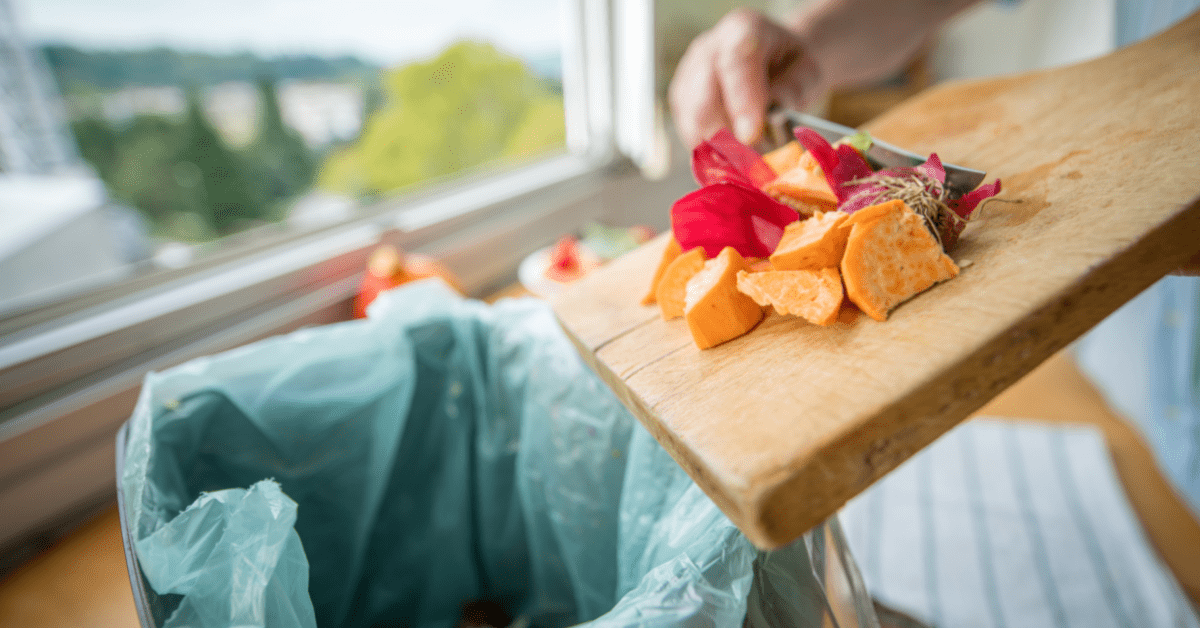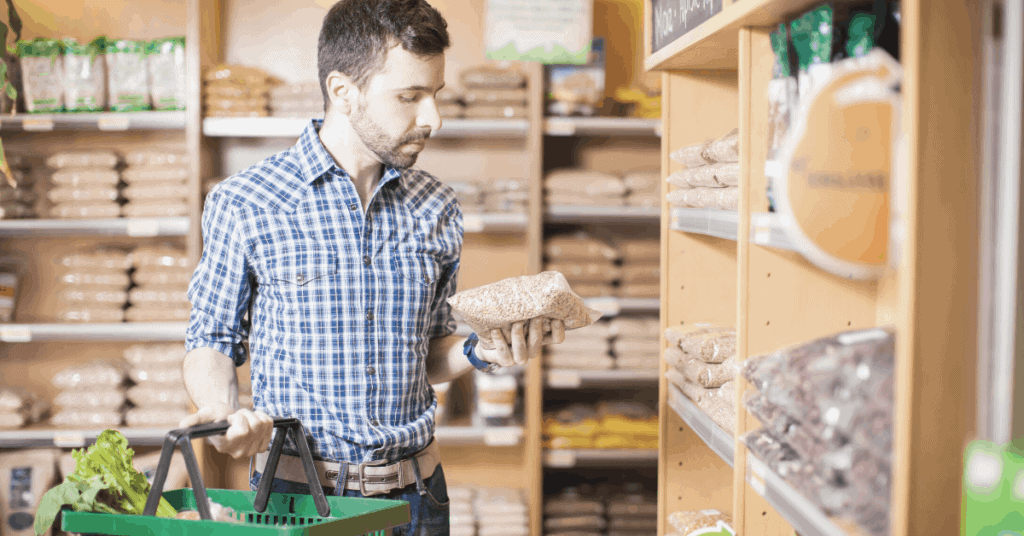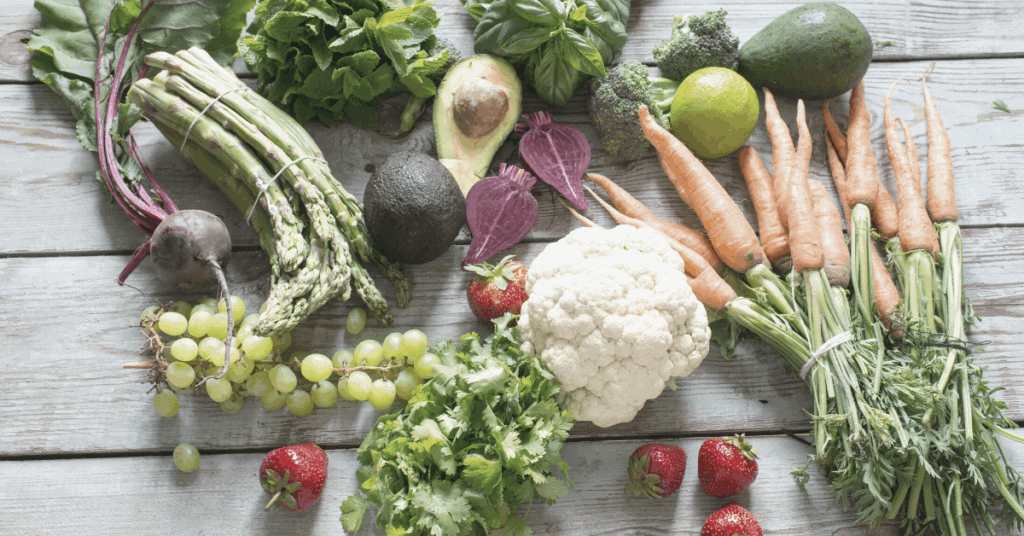



Registered Nutritionist


Fennies are proud to be accredited by the Early Years Nutrition Partnership (EYNP) for our menus and contribution to supporting good nutrition in the early years. As part of our subscription, we are delighted to bring you regular nutrition updates and evidence-based articles written by our Registered Nutrition Professionals from EYNP, Janet Aylott, and Catherine Lippe. This months’ topic: Tips for reducing food waste.
Food waste has a big impact on the environment. Did you know that global food waste is responsible for more greenhouse gas emissions than all of the commercial flights we take each year? Think about the effort and resources that go into food production. Everything from the land, fertilisers, water, machinery, and transport of food contributes to climate change. Wasting valuable food not only means we are throwing away the food but we are also wasting all the resources used to make that food.
Well, the good news is that we can all do our bit to reduce food waste and, collectively, can have a big impact on our carbon footprint.
Planning your weekly meals in advance can help you to only buy what you need from the shops. Throwing extra ingredients into your basket ‘just in case’ risks these food items not being used and may lead to food waste. Try to buy what you need and prepare the right amount at each mealtime.


Do you know what temperature your fridge is set at? More than half the UK population don’t know that keeping your fridge temperature at 5°C or below can keep help food items last three days longer. It’s also important to keep the fridge door shut as much as possible, avoid putting warm food straight into the fridge (let it cool first) and us a thermometer to check the temperature of your fridge.
When a food has a ‘best before’ date it is telling us the food is likely to be better quality before this date. After this date it might not be at its best but it is still perfectly safe to eat and you do not need to throw it away. A ‘use by’ date applies to perishable goods and refers to safety. It means the food is not safe and you definitely shouldn’t eat foods beyond this date. If you have foods in your fridge that you won’t eat before their ‘use by’ date you can freeze them for another day to avoid waste.


Freezing the foods you won’t eat is like pressing the pause button. If you don’t think you’ll eat something before it goes off, pop it in the freezer and save it for another day. Did you know that you can freeze almost any foods including potatoes, cheese (grate it before freezing to make it easier to use), and pasta?!
Leaving the skin on foods like carrots and potatoes and grating the stalks of broccoli and cauliflower into dishes is a great way to avoid wasting perfectly edible foods. You’ll also benefit from the extra nutritional benefits by leaving skins on fruits and vegetables. Another great tip to avoid vegetable waste is to place wilting or wrinkly veg in a bowl of cold water. After half an hour it will have a new lease of life!
Visit Love Food Hate Waste if you want to learn more about reducing food waste or find some useful recipes that will make good use of your leftovers too.














View All
This website uses cookies so that we can provide you with the best user experience possible. Cookie information is stored in your browser and performs functions such as recognising you when you return to our website and helping our team to understand which sections of the website you find most interesting and useful.
You can read out full privacy policy here
Strictly Necessary Cookie should be enabled at all times so that we can save your preferences for cookie settings.
If you disable this cookie, we will not be able to save your preferences. This means that every time you visit this website you will need to enable or disable cookies again.